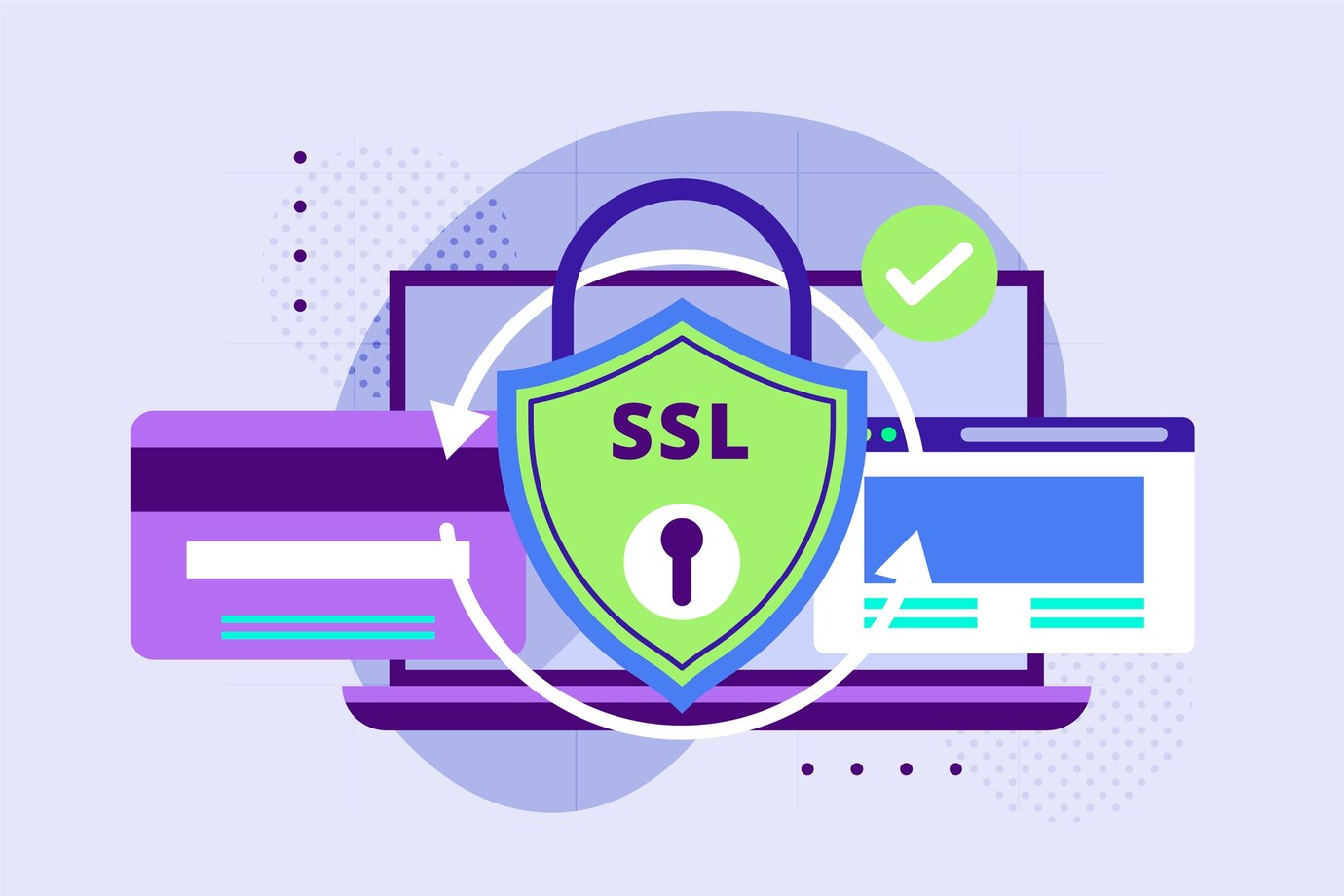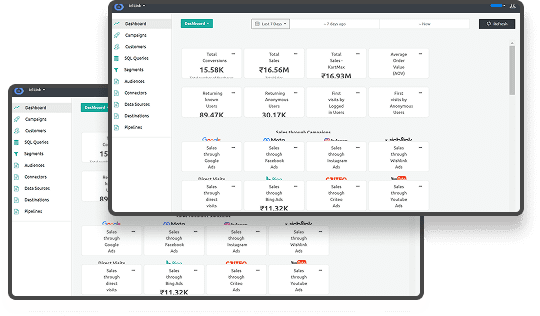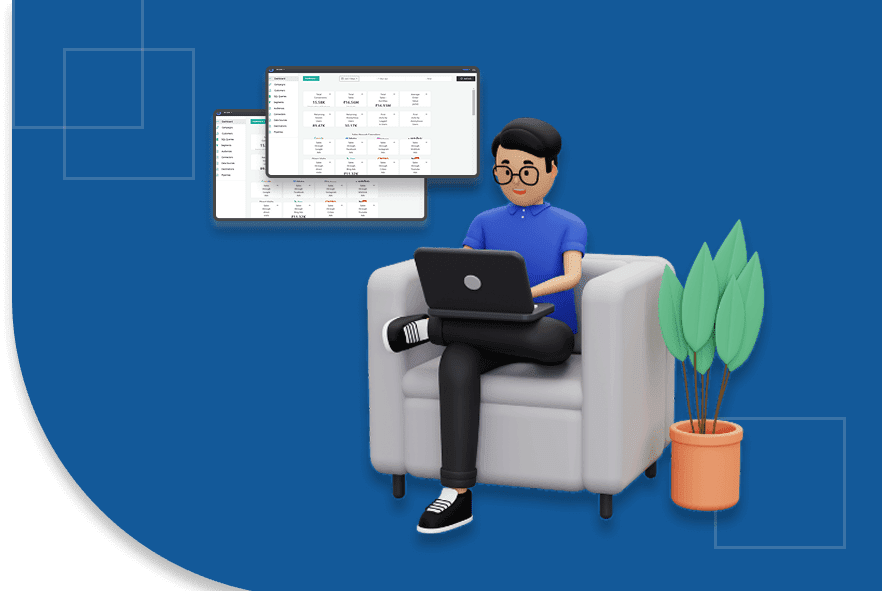Have you ever wondered how data privacy laws affect your business, especially if you have customers in California or Europe?
For businesses in regions like North America (U.S. and Canada) with strict data privacy regulations, understanding GDPR and CCPA is essential. These laws are particularly relevant to digital marketing teams in medium to large enterprises, e-commerce companies seeking to optimize customer journeys, and advertising agencies that manage cross-channel campaigns. Privacy-conscious organizations and those in highly regulated environments must ensure compliance to maintain customer trust and avoid costly penalties.
Compliance is key for technology and SaaS companies to integrate customer data and businesses to utilize privacy-compliant tools for improved conversions. With GDPR fines exceeding €4.2 billion, penalties like €1.2 billion for Meta, and CCPA penalties like Honda agreed to pay a $632,500 fine to resolve allegations of privacy violations, non-compliance can lead to significant financial risks.
This article will explain the key differences between GDPR and CCPA and what your business needs to do to comply.
First, let’s clearly define these important privacy laws.
What are GDPR and CCPA?
GDPR (General Data Protection Regulation) is a European privacy law introduced in 2018. It applies to all businesses worldwide that handle personal data of EU citizens. GDPR aims to give consumers control over their personal information, requiring businesses to obtain clear consent and securely handle data.
CCPA (California Consumer Privacy Act) is California’s privacy law that took effect in 2020. It protects California residents by giving them the right to know what personal data businesses collect, how it's used, and the right to delete or opt-out of data sales.
While GDPR and CCPA share some similarities, such as empowering consumers and ensuring transparent data practices, there are significant differences between them.
Learn more about privacy regulations in our guide on Understanding the General Data Protection Regulation (GDPR).
Now, let's take a closer look at these important differences.
Key Differences Between GDPR and CCPA
Below are the key differences between GDPR and CCPA that your business needs to understand clearly:
1. Scope and Territorial Reach
- GDPR: Applies to any business worldwide processing personal data of EU citizens, regardless of business size or location.
- CCPA: Applies specifically to businesses serving California residents that meet certain criteria, such as annual revenue over $25 million, collecting data from 50,000+ Californians annually, or generating significant revenue from selling personal data.
2. Consumer Rights
- GDPR: Grants users the right to access their data, correct inaccuracies, request data deletion, restrict processing, and transfer data (data portability). It also emphasizes clear, explicit consent.
- CCPA: Grants Californians the right to know what data businesses collect, request data deletion, and opt-out of data sales. However, it doesn't provide a right to correct or restrict processing like GDPR.
3. Consent Requirements
- GDPR: Requires explicit consent from users before collecting their data. Consent must be clear, specific, and freely given.
- CCPA: Doesn’t always require explicit consent to collect data but mandates businesses offer users a clear way to opt-out of the sale of their personal data.
4. Penalties and Enforcement
- GDPR: Penalties can be severe, up to 4% of global annual revenue or €20 million (whichever is higher).
- CCPA: Penalties are generally lower, up to $7,500 per intentional violation or $2,500 per unintentional violation.
5. Data Security
- GDPR: Explicitly requires businesses to implement strong data protection measures.
- CCPA: Focuses primarily on data transparency, though businesses can face penalties if security breaches result from insufficient protection.
To learn more about similar privacy laws globally, read our article on Understanding LGPD: Brazil’s General Personal Data Protection Law.
Now that you understand these differences, let’s see who needs to follow each law.
Who Needs to Comply with GDPR and CCPA?
Understanding whether your business needs to comply with the General Data Protection Regulation (GDPR) and the California Consumer Privacy Act (CCPA) is crucial to avoid penalties and ensure responsible data handling.
- GDPR Compliance:
The GDPR applies to any organization—regardless of its location—that processes the personal data of individuals located in the European Union (EU). This includes:
- Collecting email addresses, IP addresses, names, or purchase history
- Monitoring user behavior in the EU (e.g., through cookies or analytics)
Offering goods or services to EU residents
If your business processes or controls this kind of data for EU citizens, you must comply with GDPR—even if you operate outside the EU.
- CCPA Compliance:
The CCPA, as amended by the California Privacy Rights Act (CPRA), applies to for-profit businesses that serve California residents and meet at least one of the following criteria:
- Have annual gross revenues over $25 million
Buy, sell, or share personal information of 100,000 or more California residents or households annually - Derive 50% or more of annual revenue from selling or sharing California residents’ personal information
If your business satisfies any of these conditions, you are required to comply with CCPA, regardless of your company’s physical location.
Now, let’s examine how these regulations can impact your business operations.
How GDPR and CCPA Impact Businesses
Both GDPR and CCPA impact businesses significantly by requiring transparency and responsible data handling practices. Non-compliance can result in legal fines, damage to brand reputation, and loss of customer trust.
Businesses must invest in robust privacy measures, update privacy policies, implement consent management solutions, and provide mechanisms for customers to access, manage, and delete their data.
For more about compliance and consent management, read our guide on What You Need to Know About Consent Management.
Next, let's go over some best practices you can use to easily stay compliant.
Best Practices to Comply with GDPR and CCPA
To maintain compliance with GDPR (General Data Protection Regulation) and CCPA (California Consumer Privacy Act), your organization must take proactive and ongoing steps to responsibly manage and protect the personal data of individuals. These regulations are not just legal requirements—they represent a shift toward greater transparency, accountability, and respect for individuals' privacy rights.
Here are essential best practices that organizations of all sizes should follow to ensure GDPR and CCPA compliance
- Transparency: Clearly communicate to customers what data you collect, how you use it, and who you share it with.
- Consent Management: Implement explicit consent systems (for GDPR) and clear opt-out methods (for CCPA).
- Data Access and Control: Allow customers easy access to manage or delete their personal data.
- Data Protection: Secure customer data with robust security measures like encryption and secure servers.
- Regular Audits: Perform regular privacy audits to ensure ongoing compliance with both GDPR and CCPA.
Let’s now explore how Ingest Labs can make compliance easier for your business.
How Ingest Labs Helps Your Business Stay Compliant with GDPR and CCPA
Ingest Labs makes navigating privacy laws like GDPR and CCPA easy for businesses by providing powerful solutions to manage data collection and privacy compliance effortlessly.
Here's how we can help:
- Robust Consent Management Tools:
Ingest Labs offers advanced consent management tools, enabling your business to easily obtain and manage explicit customer consent (GDPR) and provide clear opt-out options (CCPA). - Privacy-Compliant Data Collection:
With our server-side tagging solutions, your business can collect accurate first-party data ethically, reducing reliance on third-party cookies and ensuring compliance with both GDPR and CCPA. - Real-Time Data Monitoring and Alerts:
Our platform continuously monitors your data collection processes, instantly alerting you to any compliance issues or potential data breaches, enabling you to resolve issues quickly. - Seamless Integration and Compliance Management:
We offer seamless integration with your existing marketing platforms, simplifying the process of staying compliant across your entire marketing tech stack.
For more detailed insights, explore our blog How Ethical Data Collection Builds Trust and Fuels Business Growth.
Conclusion
Understanding the differences between GDPR and CCPA is essential for businesses operating in today's privacy-focused digital world. By knowing the specific requirements and differences, your business can ensure compliance, avoid fines, and maintain customer trust and brand reputation.
At Ingest Labs, we offer easy-to-use solutions that simplify data privacy compliance, enabling your business to stay confidently compliant with both GDPR and CCPA.
Ready to streamline your compliance strategy and avoid costly privacy pitfalls? Contact Ingest Labs today to see how we can help your business effortlessly navigate GDPR and CCPA compliance.






